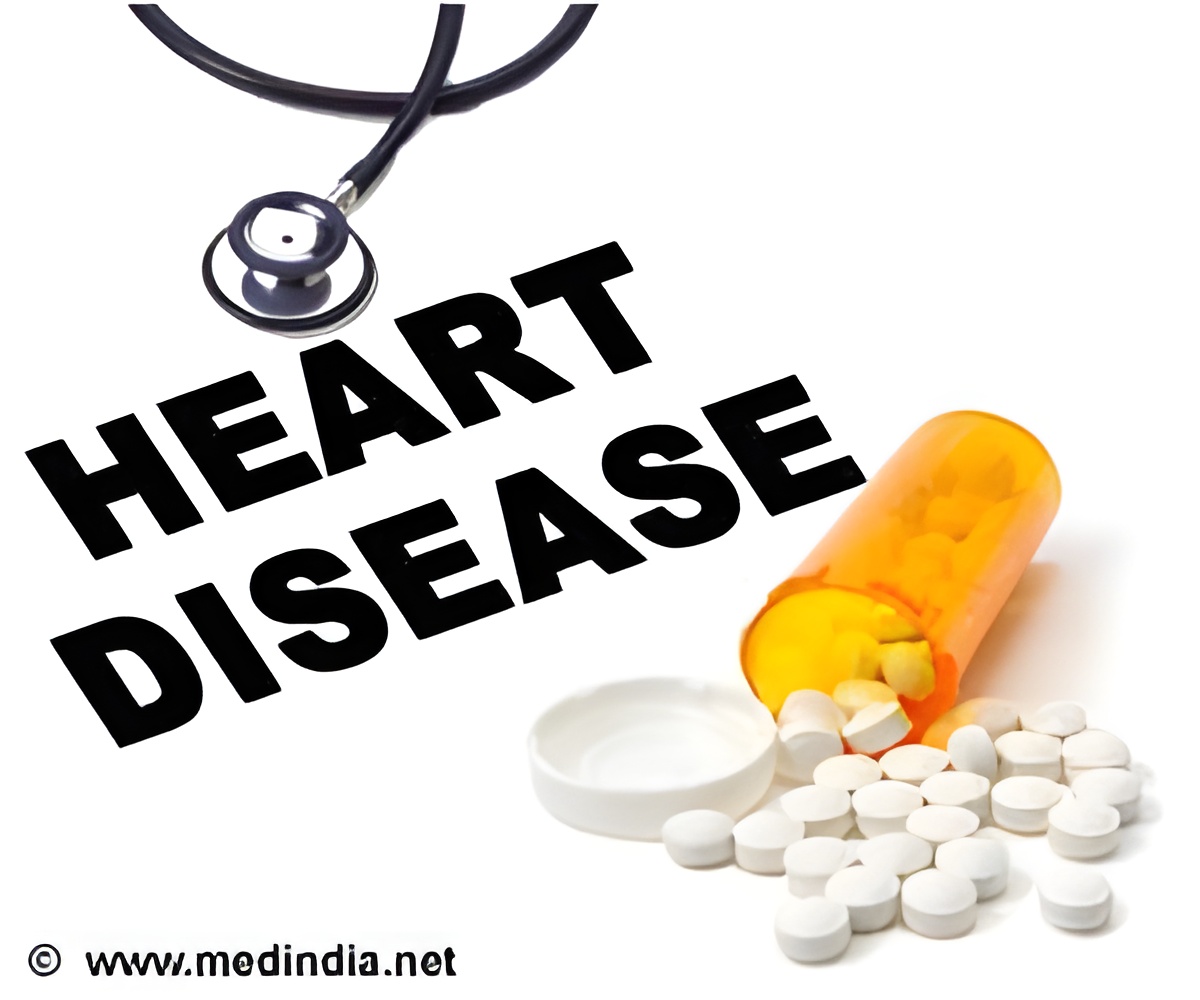Researchers have found that it's gut bacteria that turns a nutrient found in red meat into metabolites, which enhances the risk of developing cardiovascular disease.

Now Dr. Hazen and his team have identified another metabolite, called gamma-butyrobetaine, that generates to an even greater extent by gut bacteria after L-carnitine gets ingested, and it too contributes to atherosclerosis.
The researchers found that gamma-butyrobetaine gets produced as an intermediary metabolite by microbes at a rate that was 1,000-fold higher than the formation of trimethylamine in the gut, making it the most abundant metabolite generated from dietary L-carnitine by microbes in the mouse models examined. Moreover, gamma-butyrobetaine could itself be converted into trimethylamine and TMAO.
The discovery that metabolism of L-carnitine involved two different gut microbial pathways, as well as different types of bacteria, suggests new targets for preventing atherosclerosis.
Dr. Hazen said that the findings would help in identifying targets for therapies for interventions to block or prevent heart disease development, and the present studies may help them to develop an intervention that allows one to "have their steak and eat it too" with less concern for developing heart disease.
The study is published in the Cell Press journal Cell Metabolism.
Advertisement













